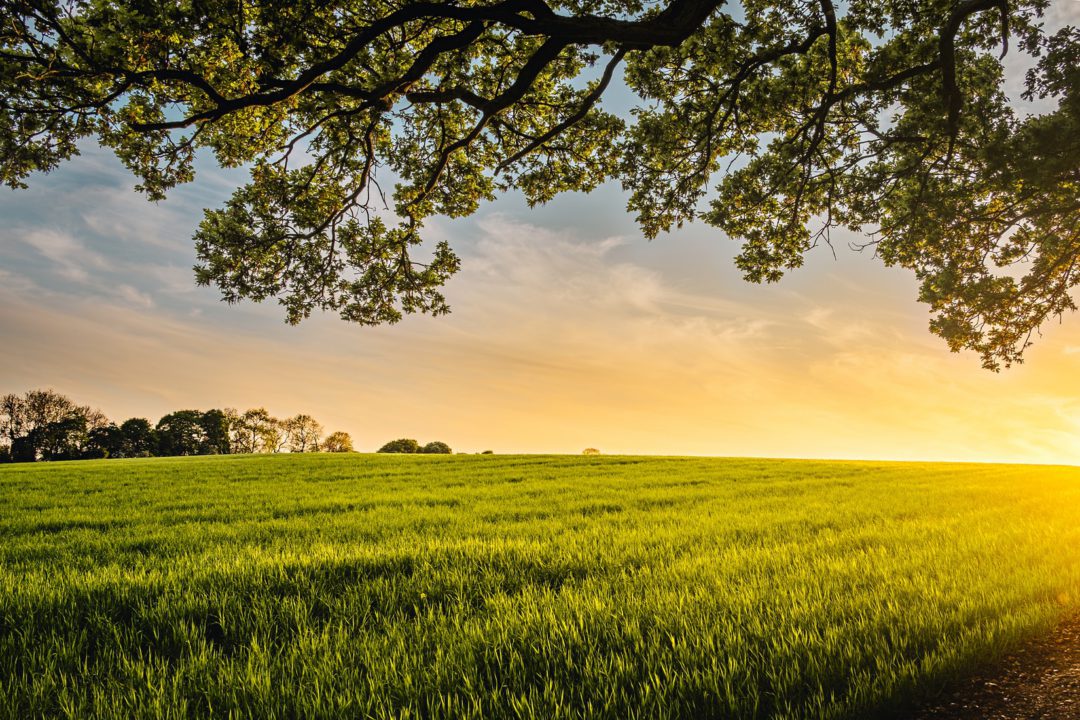For European farmers, the effects of the environmental crisis may be felt much before other continents. And while the causes of the crisis are multiple, it becomes imperative for the farming community to take a stance against it. This is because agriculture is one of the primary means by which the environment is affected.
The nuances of the farming process have been ignored for a very long time, and as a result, its effects on the environment have also increased without bounds. But at this point, the impact can be readily felt and without the proper course farmers in the future may not have an industry at all.
Read on to know what aspects of farming harm the environment and what you can do as a farmer to reduce your impact.
Soil
The soil is the lifeblood of a farmer. But it is the same soil that many end up destroying in the process. With over usage of pesticides, herbicides, and deep tillage process the integrity of the soil is completely lost and leads to erosion. Many farmers also take part in stubble burning which further destroys soil quality.
However, if you were to change your tillage tools to a modern shallow tillage machine you will be able to reduce this impact in one swift go. These machines ensure that the soil quality stays intact, and also taken care of weeds and stubble such that your dependence on chemicals is minimized. Tillage machines that use technology such as the disc-chain system can ensure that all stubble is broken down to aid the bio-degradation process and further enhance soil quality.
Air
When a farmer uses pesticides, herbicides, and other chemicals, not only does it reduce the soil quality but in the process of soil runoff, these chemicals are washed out into the water systems and then enter the air through evaporation. As a result, the complete ecosystem is harmed and the overall heat contribution increases.
Farmers are also prone to use overt amounts of fuel in performing machine-related processes. The amount of carbon released by these fuels is one of the primary elements that harm the air quality. A shift towards more eco-friendly fuels is a good way to balance your impact on the environment. Eco-friendly fuels are also a good budget-saving aspect and one of the easiest ways to engage in conservation farming.
Water
Water conservation becomes one of the key aspects of modern farm management. The overall water quantity of the world is depleting faster than ever and lack of groundwater reserves can only mean the worst for agriculture. To ensure that you utilize water in a smart manner you need to start by capitalizing on the primary groundwater reserves and maintain them at optimum levels.
Once again the usage of chemicals is connected to the depleting levels of water and deep tillage helps speed up the process. With shallow tillage, less usage of chemicals, and properly maintained furrows in the seedbeds, one can ensure that they are not depleting the groundwater reserves at an alarming rate and help conserve the natural resources.
The way forward
Ecological farming or conservation farming is a concept created to bring about an ecological balance to the process of farming. The agro-industry has recently been faced with scores of technological innovations that cater to reducing the overall impact. But even with the usage of such machines, farmers should still concentrate on conservation methods to ensure the least amount of environmental impact.
Farmers across the world have pledged to practice conservation methods as it is truly the need of the hour. Less usage of fossil fuels, groundwater reserve maintenance, soil quality control, etc. are some of the primary aspects that farmers are concentrating on.
It becomes a duty of the farming community to give back to the nature that they receive their livelihood from. And the current environmental crisis makes it even more important that these changes be made right now. Not only will you benefit in the long run if you better your farming process, but you will also ensure a better future for everyone around you.


